A Story About
Gravity
Pachinko Explores the Lives of the Marginalized
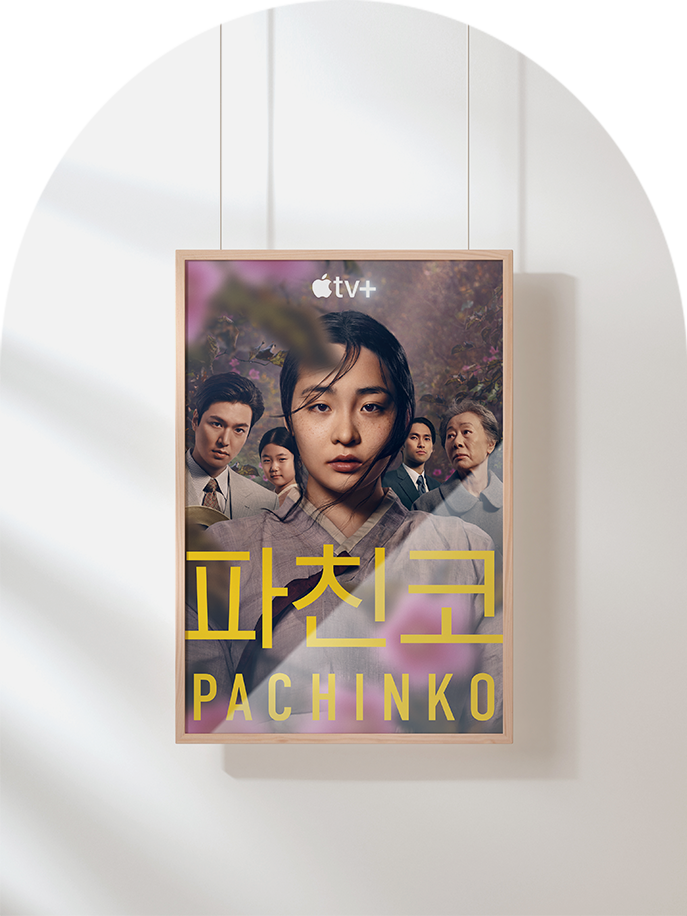
WRITTEN BY
Ahn Soong-beum,
film critic, professor at Kyung Hee University and director of the K-Cuture·Story Contents Research Institute
Photos courtesy of
Apple TV+
“Pachinko” is an Apple TV+ original series that was released on Mar. 25, 2022. Season One historically highlights the life of a Korean immigrant family between the 1930s and 1989. The drama is based on the novel of the same name by Korean-American author Lee Min-jin. This is Apple TV+’s second Korean production.
The Two Gravitational
Forces of Pachinko
“Pachinko” is a story about gravity. In the drama, Solomon, a fourth-generation Korean, often refers to gravity while confronting the fact that he feels like a stranger wherever he goes in the United States and Japan. As everyone knows, gravity refers to the Earth’s gravitational force or pull as the planet has a huge amount of mass. It also refers to the centrifugal force caused by the Earth’s rotation, something living beings on the planet aren’t able to feel.
The gravity seen on the epic set of Pachinko is represented through two dimensions. First, the universal gravitational force is represented by the intense attachment of blood-related communities such as family and children. Many Koreans hold the mythical notion of a homogeneous blood-related community (a single nation) in which neighbors within a border share a sense of kinship. People were more self-aware of this notion during the early 20th century when Korea was colonized by Japan. In “Pachinko,” the first generation (Sunja’s parents) and the second generation (Sun-ja) desperately show the centripetal force of “family and child” or “blood and nation.”
Centrifugal force, the second dimension of gravity shown in “Pachinko,” is represented by Solomon as he travels between Tokyo and Osaka after spending time in the United States. His pursuit of money and success governs his daily choices and moments of practice. Solomon was mainly active in 1989 at the peak of Japan’s economic bubble. The Japanese were very optimistic about their country’s economic power. They believed that the country was so profitable that they could sell it and use the money to buy the United States. Solomon’s desire to follow the elite as a Korean living among Japanese was a reflection of Japan’s social atmosphere in 1989.
It is important to note that even at the end of Japanese colonial rule, the inertia of material and spiritual colonization that remained in Japan’s view toward Korea was seen throughout Solomon’s life. The struggles he faced were clearly different from what his grandmother Sunja had endured, but Solomon also had to contend with the more insidious mechanisms of discrimination, exclusion and hatred. He also had an individual desire to appropriate the Japanese success story. Solomon’s heart was a place that progressively split into two. He constantly had to remain conscious of his position in life, one that was sandwiched between the Pacific Ocean (the United States and Japan) and the Korea Strait (Japan and Korea).
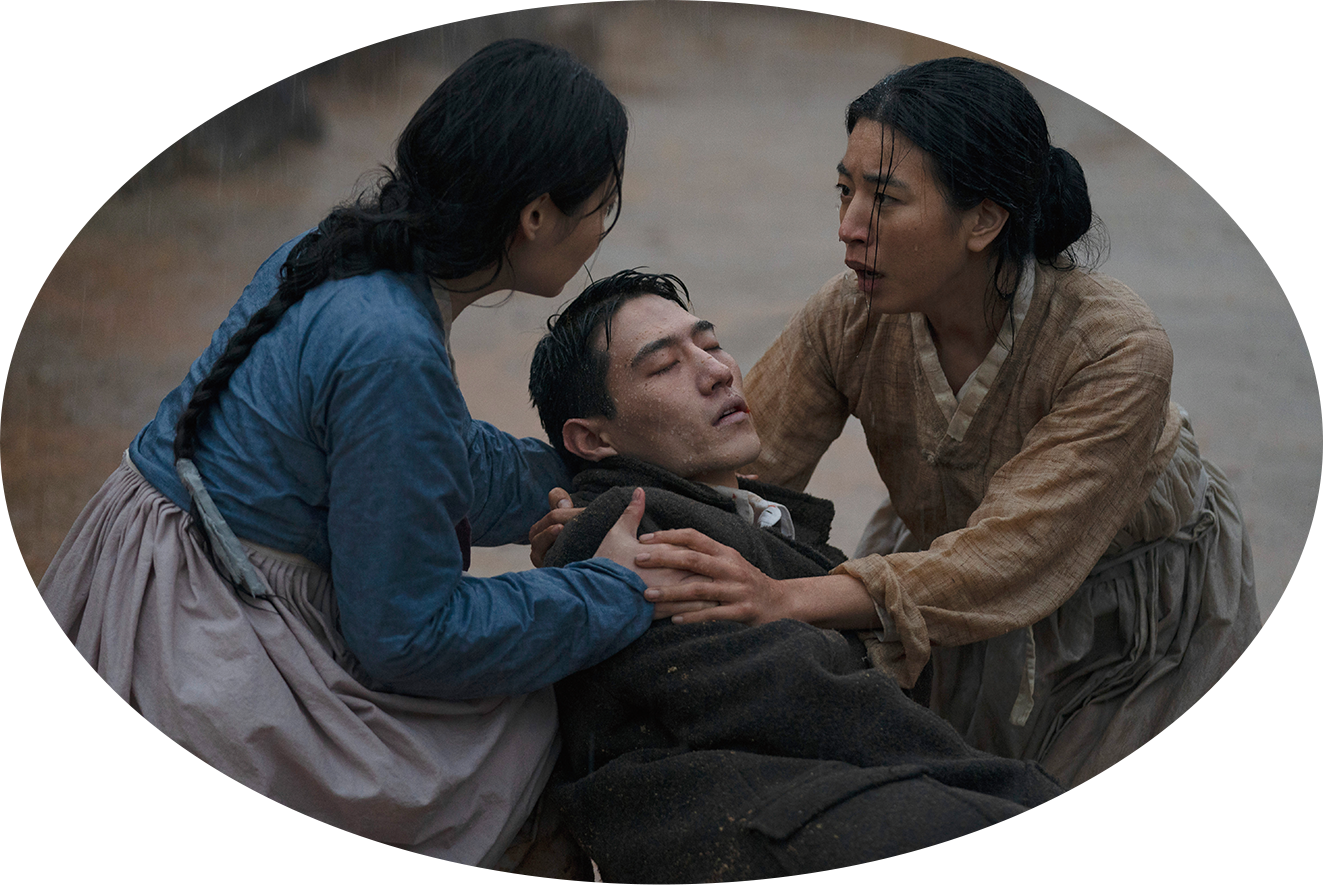
Based on the novel by the same name,
‘Pachinko’ tells the story of four generations of Korean immigrants.
The Margins of Society
and a Marginal Man
In the latter half of the Japanese colonial period, Koreans had to abide by strict rules set in place by Japan. From the point of view of the Japanese, Koreans could be selectively excluded at any time. Much less, the Koreans who immigrated to Japan at that time were seen as marginal men bound by the margins of society.
Episode Seven of “Pachinko” brings to the fore the terrible historical events that took place in Japan during the Great Kantö Earthquake. At that time, rumors spread that Koreans who had escaped from prison were looting and committing murder. Rumors also spread that Koreans had poisoned wells, which further reinforced the fact that Koreans were trespassing in the country and needed to be deported.
Their actual existence was a risk factor that disrupted the order of Japanese society. They were seen as awkward strangers with a desire to be controlled. The status and living situation of Koreans who lived in Japan were strictly approved by the government, and their ability to move to a higher class was restrained. It was difficult for Koreans to escape the presupposition of exclusion and alienation.
In 1938, Isak, a good pastor and Sunja’s caring husband, was found to be involved in an underground communist organization and was arrested by the police. At a time when the patriarchal order was in full strength, the tolerance shown by Sunja’s husband was what saved her from being shamed for having a child without being married. For Sunja, her husband was a support system that helped her survive a hard life in Osaka. He was also an incredible father to Noa as he tried to prevent him from being thrown into an unstable future. Isak’s dream of a distant and unfamiliar world, something that seemed unimaginable to his wife Sunja, came as a huge shock to viewers during the last episode of “Pachinko.”
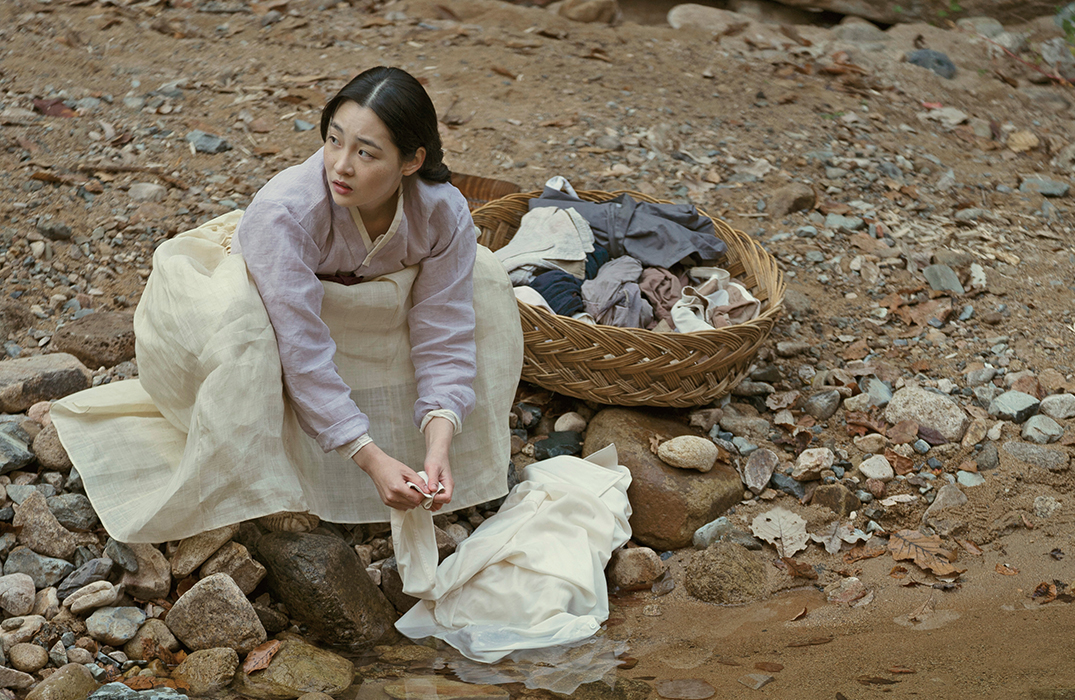
Based on the novel by the same name, ‘Pachinko’ tells the story of four generations of Korean immigrants.
It was at that time that Japan began the Second Sino-Japanese War in which Korea was turned into a logistical base. Measures to uphold the colonial policy of Japan were passionately carried out in order to deprive Koreans of their national identity. It was a time when the ideology of “Japan and Korea as one” was enforced. It was also a time in which Koreans felt like they were disappearing. For Sunja, the disappearance of her husband was similar to the experience of being uprooted. It was akin to the dismantling of the fence that existed in the imagination of Koreans at that time.
The drama does not touch upon the details of Sunja’s life in Japan after that time. The long years she endured as a stranger in a parallel editing process that went back and forth between the 1930s and 1989 were left in the realm of speculation and assumption.
Sunja’s life story was as important to the drama as was the life of her grandson Solomon. Sunja struggled throughout her life to achieve the minimum amount of freedom that would allow her to escape the visible oppression, discrimination and restraints of colonization whereas Solomon was a part of a new generation that aggressively pursued true freedom. It had been more than 40 years since the dissolution of the Japanese colonial period. Nevertheless, Japan’s implicit will to standardize Koreans still remained. In order to succeed, Solomon intentionally concealed his “otherness” of being Korean. However, he eventually accepted his identity as a Korean and faced reality as a marginal man.
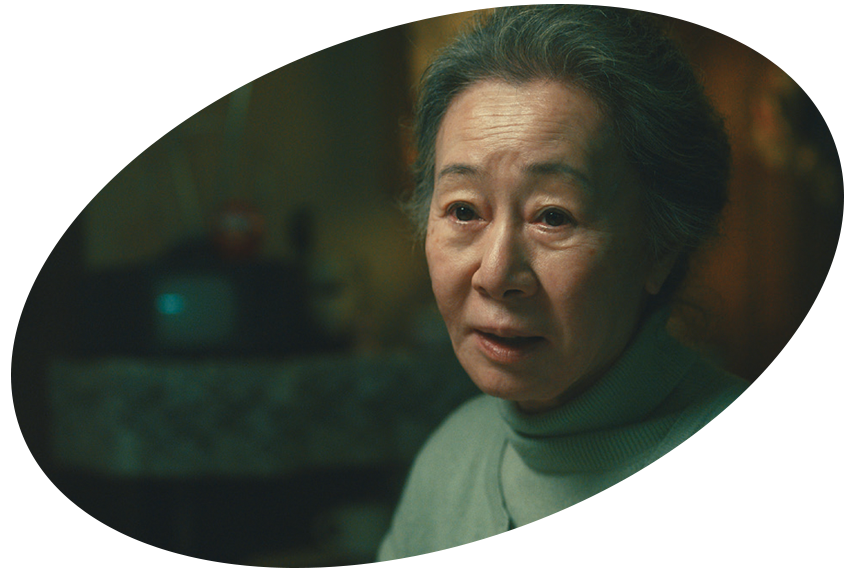
Based on the novel by the same name, ‘Pachinko’ tells the story of four generations of Korean immigrants.
Those Who Leave,
Those Who Enter,
Those Who Wander
In his book “Inside and Outside,” Guillaume le Blanc philosophically explores the existence of strangers who have to live with oppressed faces and excluded voices. As a foreigner, the actual existence of a stranger is divided into those who leave (exiles), those who enter (immigrants) and those who wander (migrants). Sunja represents both the character of “those who leave (exiles)” and “those who enter (immigrants)” during the Japanese colonial period.
Solomon is a portrait of an eternal migrant, a wanderer. He went to school in Japan with Japanese students and took elite courses in the United States. He eventually got a job working for a financial company. However, he was unable to find his true sense of belonging, not in the United States, Japan, or even among the older generations that maintained their clear identity as Koreans.
Solomon dreamed of a life that was different from his father Mozasu who had achieved economic stability running a pachinko parlor in Osaka. However, his true dream of success was on the brink of disaster thanks to his “otherness” of being Korean. His desire to imitate the myth of economic success admired by Japanese society continued to slip away. His inner world had become a battlefield of disparate values. He may have felt like an American on the inside, but he wanted to be Japanese. However, he was inevitably Korean. His mind was constantly in a state of intertextual hybridization. Solomon’s struggle was different yet similar to Sunja’s, but it required a completely different interpretation.
I believe that the concept of gravity mentioned in Pachinko is expressed through completely different angles through the lives of Koh Hansu, Mozasu, Noa, Etsuko, Hana and Naomi, which were briefly discussed in Season One. This is a story with a long ending that is far from over.
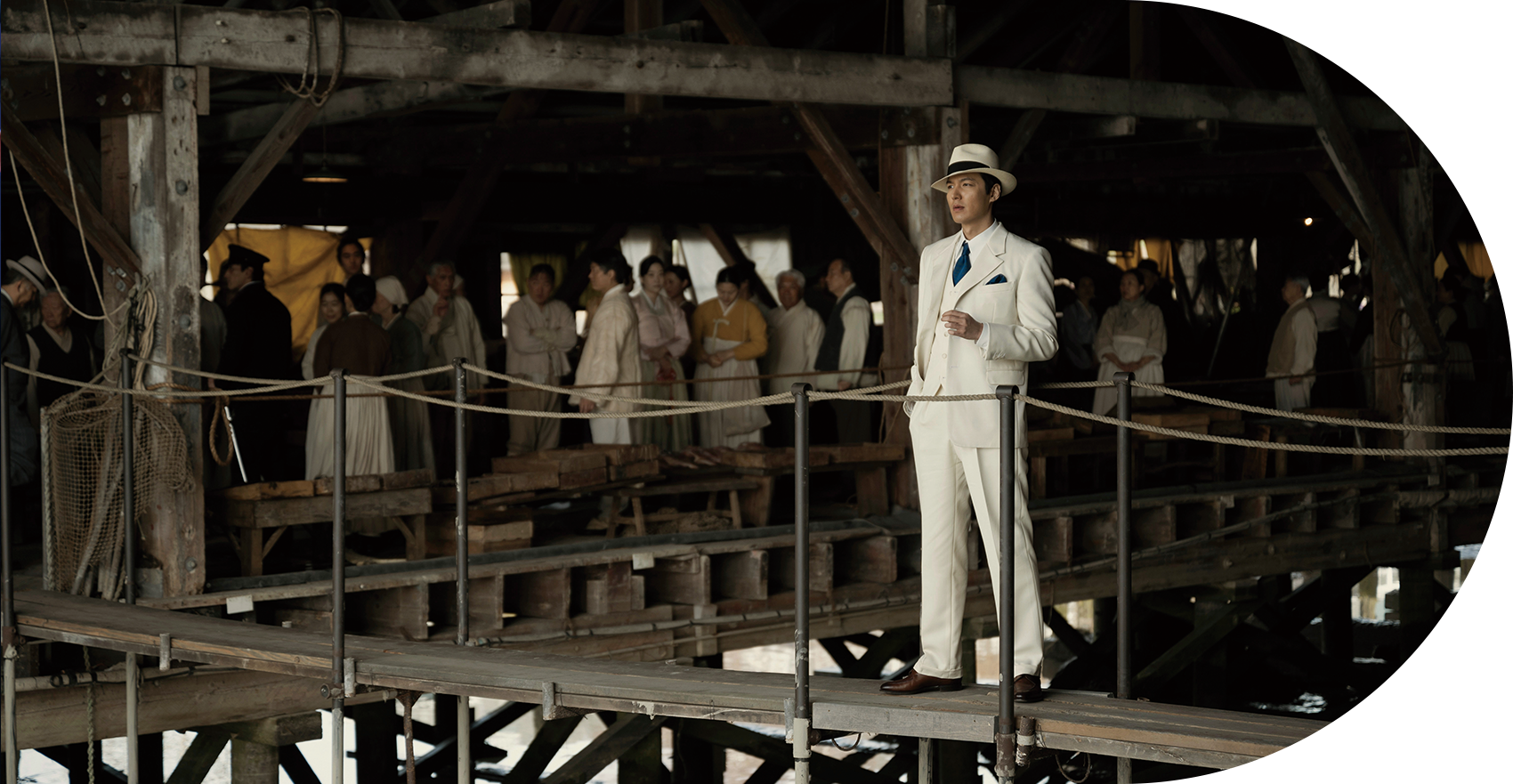
Based on the novel by the same name, ‘Pachinko’ tells the story of four generations of Korean immigrants.
Other Articles
-

Special Ⅰ Royal Heritage
-

Special Ⅱ A Leisure Space for All
-
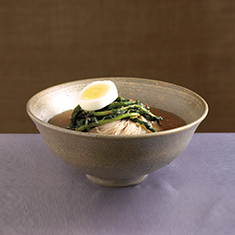
Trend Tasty Retreats
-

Hidden View Hidden Elephant
-

Interview Unique Movements
-
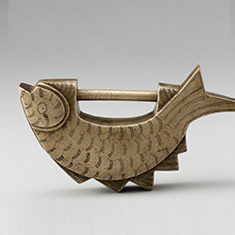
Art of Detail Through the Keyhole
-
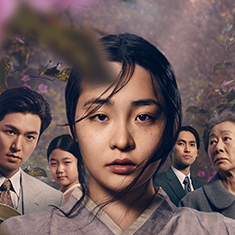
Film & TV A Story About Gravity
-

Collaboration The Endless Possibilities
-
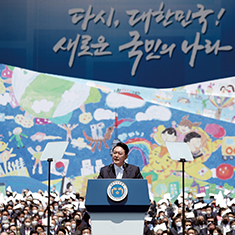
Current Korea Again, Republic of Korea
-
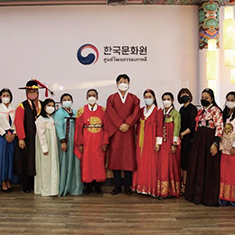
Global Korea Organizing Korean
Cultural Experiences
